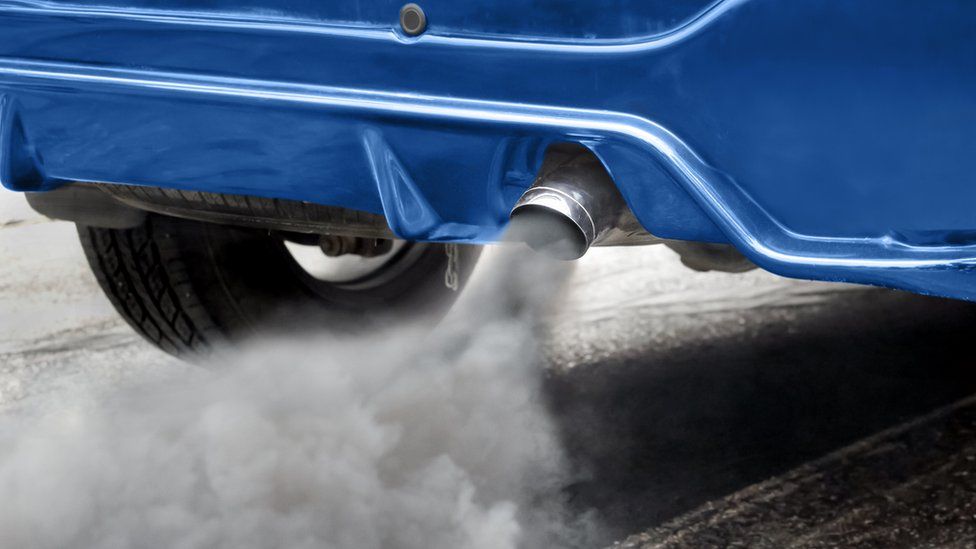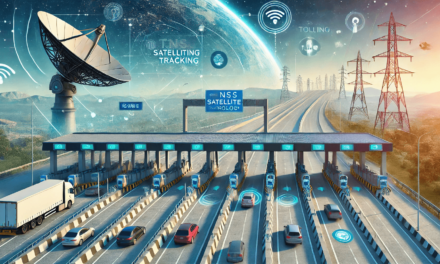Why Avoid Diesel Cars
In recent years, there has been a growing awareness of the environmental and health hazards associated with diesel cars. As a result, many consumers are choosing to avoid diesel vehicles in favor of cleaner alternatives. In this blog post, we will explore the reasons why you should consider avoiding diesel cars.
1. Air Pollution
Diesel cars emit a significant amount of harmful pollutants, including nitrogen oxides (NOx) and particulate matter. These pollutants contribute to air pollution, which can have serious health implications, particularly for those living in urban areas. Exposure to diesel exhaust emissions has been linked to respiratory problems, cardiovascular diseases, and even premature death.
2. Greenhouse Gas Emissions
While diesel engines are often lauded for their fuel efficiency, they are not necessarily better for the environment when it comes to greenhouse gas emissions. Diesel cars emit more carbon dioxide (CO2) per gallon of fuel than gasoline-powered vehicles. CO2 is a major contributor to global warming and climate change. Choosing diesel cars can exacerbate the problems associated with climate change.
3. Diesel Particulate Matter
Diesel engines produce fine particulate matter, which consists of tiny particles that can penetrate deep into the lungs when inhaled. This can lead to respiratory issues, exacerbate asthma, and increase the risk of lung cancer. Diesel particulate matter is a significant concern for public health, and avoiding diesel cars is one way to reduce exposure to this harmful substance.
4. Regulatory Restrictions
Many governments around the world are implementing strict regulations to reduce diesel emissions. In some cities, diesel cars are subject to congestion charges or banned altogether from certain areas. These restrictions can lead to additional costs and inconveniences for diesel car owners. By choosing alternative fuel vehicles, you can avoid these potential issues.
5. Dieselgate Scandal
In recent years, the automotive industry has been rocked by the “Dieselgate” scandal, which involved major car manufacturers manipulating emissions tests to make their diesel vehicles appear cleaner than they actually were. This scandal eroded public trust in diesel cars and highlighted the need for more transparency and accountability in the industry.
6. Advancements in Electric and Hybrid Technology
Advancements in electric and hybrid vehicle technology have made it easier for consumers to choose cleaner and more sustainable options. Electric cars produce zero tailpipe emissions, and hybrids offer a compromise between traditional combustion engines and electric power. These alternatives are increasingly affordable and practical for everyday use.
7. Resale Value and Depreciation
Diesel cars have experienced a decline in resale value due to concerns about their environmental impact and changing regulations. This can result in higher depreciation rates, making diesel cars a less attractive investment compared to more environmentally friendly options that retain their value better over time.
Conclusion
While diesel cars were once a popular choice for their fuel efficiency, their negative impact on air quality, health, and the environment has led many to reconsider their desirability. With the rise of cleaner and more sustainable alternatives, including electric and hybrid vehicles, consumers have better choices for reducing their environmental footprint. Avoiding diesel cars is not only a responsible decision for the planet but also a safer and more economical choice for the long term.










